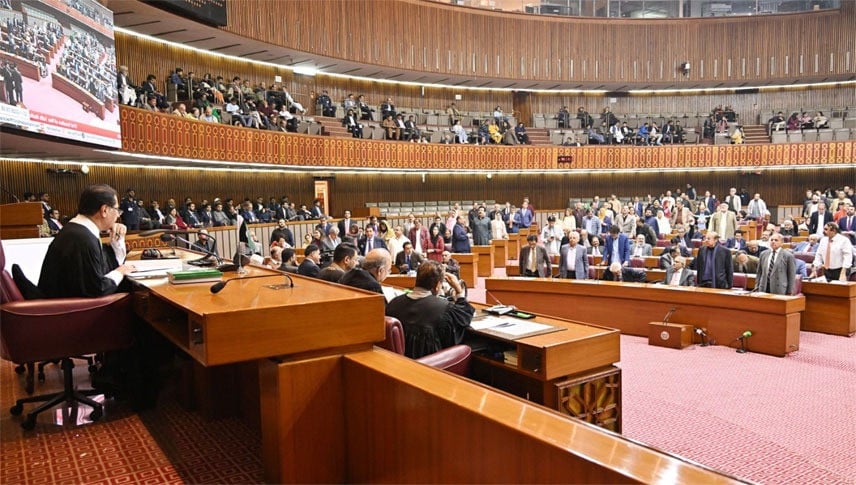ISLAMABAD: Pakistan’s 27th Constitutional Amendment, approved by an overwhelming 234–4 majority vote and signed into law on 13 November 2025, continues to generate debate at home and abroad.
In this sense, some international commentators, including Caroline Davies, have described the development as a shift toward centralised authority, government officials and legal experts argue that the amendment represents a structural update aimed at improving governance and national security.
Military Reform Aimed at Modernisation
Furthermore, the central feature of the amendment is the establishment of the position of Chief of Defence Forces (CDF), now held by Field Marshal Asim Munir. The role replaces the long-standing Chairman Joint Chiefs of Staff Committee (CJCSC), a post critics long viewed as lacking operational authority in an era defined by multi-domain warfare.
Prime Minister Shehbaz Sharif has publicly linked the reform to evolving military needs, citing cyber defence, hybrid warfare, and coordination across land, air, sea, and strategic forces. Countries such as the United States, through the Goldwater-Nichols Act, and India, with its move toward theatre commands, have undertaken similar restructuring.
Judicial Reform Structured to Ease Backlogs
In addition, another major element of the amendment is the creation of the Federal Constitutional Court (FCC), a move that has stirred concern among some judicial figures who fear encroachment on the independence of the Supreme Court.
Nationwide, roughly 2.2 million cases remain pending, including nearly 56,000 matters before the Supreme Court double the figure recorded a decade earlier.
The Supreme Court judges have repeatedly warned that constitutional petitions are overwhelming the court’s appellate role.
A Reform Package, Not a Regression
Meanwhile, despite claims of an authoritarian tilt, the amendment secured support across party lines including from the Pakistan Peoples Party, which negotiated safeguards related to defence appointments and judicial oversight.





